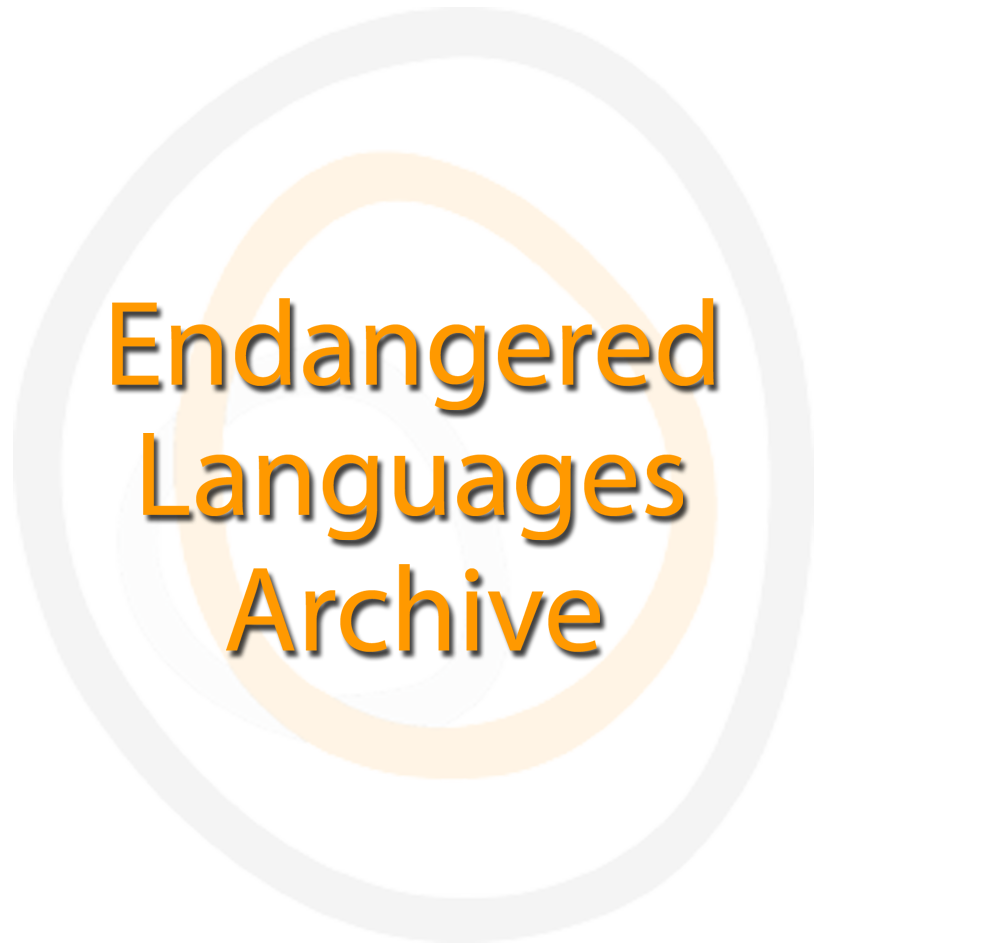Causality Across Languages (CAL): Basque
| Language | Basque |
| Depositor | Iraide Ibarretxe, María Louro Mendiguren |
| Affiliation | Universidad de Zaragoza |
| Location | Spain |
| Collection ID | 0533 |
| Grant ID | |
| Funding Body | National Science Foundation |
| Collection Status | Collection online |
| Landing Page Handle | http://hdl.handle.net/2196/da0198d8-4238-40df-a102-9e58905e7c18 |
Summary of the collection
This collection contains audio and video recordings collected from basque language speakers as part of the Causality Across Languages Project; in particular two subprojects: Language & Cognition subproject (IV) and Discourse Representation subproject (II).
CAL brings together an international team of researchers to investigate how speakers of different languages categorize causal chains for the purposes of describing them. It comprises four subprojects. The first of these is dedicated to the representation of causal relations in narrative discourses, with emphasis on universals and variation in underspecification and implicitness. The second subproject probes quantitatively and typologically the often hypothesized isomorphism between semantic and morphosyntactic complexity in verbal representations of causal chains. A third subproject investigates the universality of constraints on form-to-meaning mapping in descriptions of causal chains. The fourth and final subproject targets the cognitive representation of causality, searching for aspects of culture-specificity and possible linguistic reflexes.
Group represented
This collection represents speakers of the basque language. Within Basque language there are different dialects, but there are also a lot of differences in the same dialect. So something to keep in mind is that all speakers come from Ondarroa (Bizkaia).
Language information
Basque (/bæsk, bɑːsk/; euskara [eus̺ˈkaɾa]) is a language spoken in the Basque Country, a region that straddles the westernmost Pyrenees in adjacent parts of northern Spain and southwestern France.
Linguistically, Basque is unrelated to the other languages of Europe and is a language isolate to any other known living language. Basque is believed to be one of the few surviving pre-Indo-European languages in Europe, and is the only one in Western Europe. The origin of the Basques and of their languages is not conclusively known, though the most accepted current theory is that early forms of Basque developed before the arrival of Indo-European languages in the area, including the Romance languages that geographically surround the Basque-speaking region.
A standardised form of the Basque language, called Euskara Batua, was developed by the Euskaltzaindia in the late 1960s. Besides its standardised version, Modern Basque dialectology distinguishes five dialects: Biscayan or “Western”, Gipuzkoan or “Central” and Upper Navarrese in Spain, and Navarrese–Lapurdian and Souletin in France. Modern Basque dialectology distinguishes five dialects. These dialects are divided in 11 subdialects, and 24 minor varieties among them. The speakers represented in this collection all live in Ondarroa (Bizkaia).
Collection contents
The collection contains sessions recorded as part of the CAL subprojects:
(1)Language & Cognition subproject (IV)
(2)Discourse Representation subproject (II)
(1) There are 23 sessions recorded as part of the Language & Cognition subproject (IV), each session representing two tasks: 1. A non-linguistic subtask where participants assign responsibility to people doing different actions. 2. A linguistic subtask where participants provide verbal descriptions of a subset of those videos. Each session contains for the first task: a compressed MP4 video recording, a PDF with the results of the task and a PDF with demographic data; for the second task: a compressed MP4 video recording, an ELAN file with a transcription of the recording and a PDF with demographic data.
(2) There are 14 sessions recorded as part of the Discourse Representation subproject (II), each session representing one participant’s response to the discourse task. Each sessions contains a compressed MP4 video recording, an extracted WAV file, an ELAN file with a transcription of the recording and a PDF with demographic data.
Collection history
The data for this collection was collected by María Louro Mendiguren between August and December 2017. All recordings were made at Ondarroa (Bizkaia).
Acknowledgement and citation
Users of any part of the collection should acknowledge María Louro Mendiguren and Iraide Ibarretxe Antuñano as the data collectors and researchers. The material presented here is based upon work supported by the National Science Foundation under Grant No. BCS-153846 and BCS-1644657, ‘Causality Across Languages’; PI J. Bohnemeyer. Users should also acknowledge Juergen Bohnemeyer as the Primary Investigator of the Causality Across Languages project and the National Science Foundation for funding the research. Individual speakers do not need to be acknowledged when extracting linguistic examples from their speech.
To refer to any data from the collection, please cite as follows:
Louro Mendiguren, María. 2019. Caussality Across Languages: Language & Cognition and Discourse Representation subprojects. An archive of Basque language from speakers of Ondarroa(Bizkaia, Spain). Endangered Languages Archive. Handle: http://hdl.handle.net/2196/00-0000-0000-0011-B3E5-7. Accessed on [insert date].


